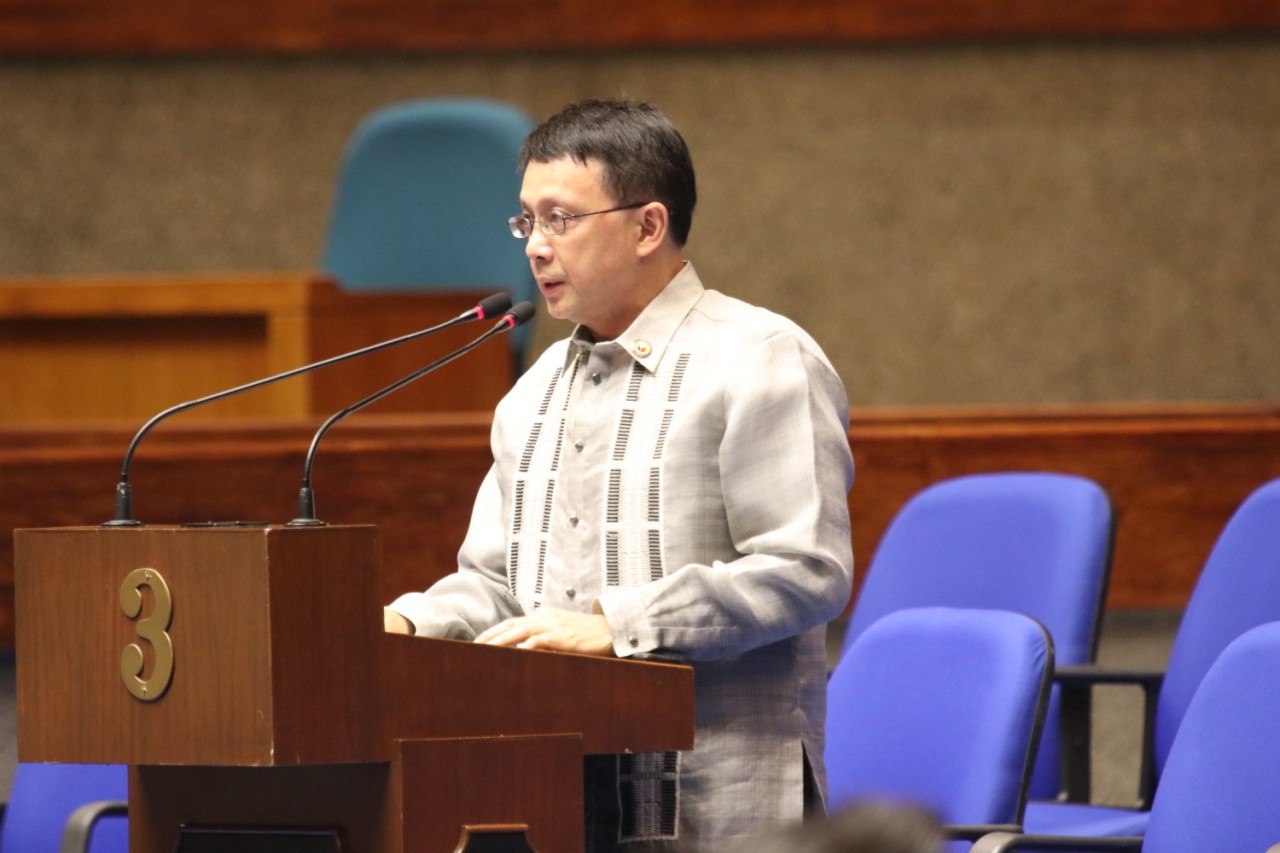The Commission on Higher Education could use its P10-billion funding if its heart really goes out to disadvantaged students, House Senior Deputy Minority Leader Paul Daza said Tuesday, reiterating his prior allegation that the funding was previously utilized for tertiary student scholarships.
“If our hearts are in it, if we really wanted to help the poor, CHEd can use the P10 billion today without having to wait for the next GAA (General Appropriations Act) budget deliberations,” said the Northern Samar solon.
“The list is with you. You have one million students. Please, put it to use.”
The allegation that the CHEd used the P10 billion of its funding for other purposes resurfaced yesterday during the House Committee on Higher and Technical Education’s deliberation on House Resolution 767.
The resolution, which Daza authored, calls for the government to improve access to tertiary education and reduce attrition rates among 4Ps beneficiaries and other deserving and financially challenged students by increasing the budget allocation for scholarships.
It was Daza who alleged that the CHEd misused its P10-billion worth of scholarship funds during the panel’s first hearing on the resolution on 20 March, claiming it came out that essentially CHEd has not utilized as of 2021 report P10-billion.
“The earmarked funds is what we call an off-budget. By law travel tax, PRC, and PCSO shares go to that fund. That’s supposed to be for higher education. If CHEd did its job and engaged DSWD and if they continue the 2012 grant-in-aid which was incorporated in the law, they could have helped a few hundred thousand students a year,” Daza pointed out during the previous hearing.
Daza’s claim, however, was turned down by CHEd chairperson Popoy de Vera, who earlier said that he had “no idea” where the P10-billion scholarship fund came from.
“The Higher Education Development Fund was put in the CHEd Charter (RA 7722) to fund projects to ‘strengthen higher education’. It is not a scholarship fund,” said De Vera in a statement on 22 March in response to Daza’s accusation.
“CHEd has been giving grants to HEIs (higher educational institutions) over the past four administrations and the current CHEd Chairperson and Commissioners have continued this policy. What is new under the current CHEd leadership is a stronger focus on tourism,” the chairman maintained.
Daza, however, took advantage of yesterday’s deliberation to advocate that the agency’s funds could also cater to students taking courses unrelated to tourism by providing them scholarships, citing The Tourism Act of 2019.
Further, the minority lawmaker noted that the law’s revenue mandate did not exclusively cater to only students under tourism-related courses but prioritized them.
To further prove his point that the CHEd could tap its HEDF for college students’ scholarships, Daza said: “P2 billion or more than half of the HEDF in 2016, was used for student-related support.”
“Meaning there’s already precedent for HEDF to be utilized by CHEd for poor students, needy students.”
In addition, Daza expressed concern that, in contrast to 2016, when P2 billion represented half of the HEDF, student aid had dropped to just P170 million, or less than a fourth of the HEDF.
“By the time Chairman de Vera took over in 2019, the share for student assistance had dwindled down to P170 million, or 18.7 percent of the HEDF,” the lawmaker claimed.
